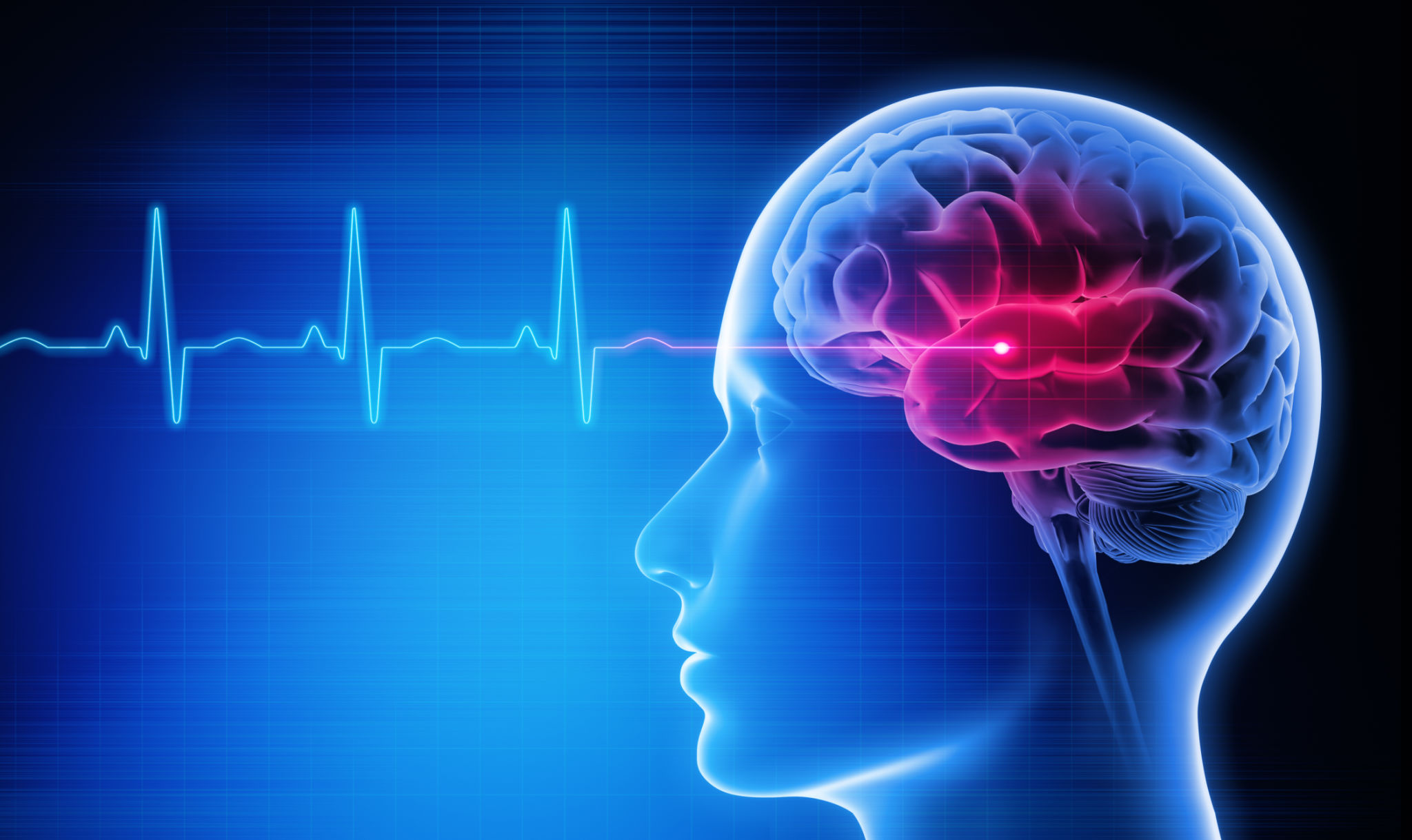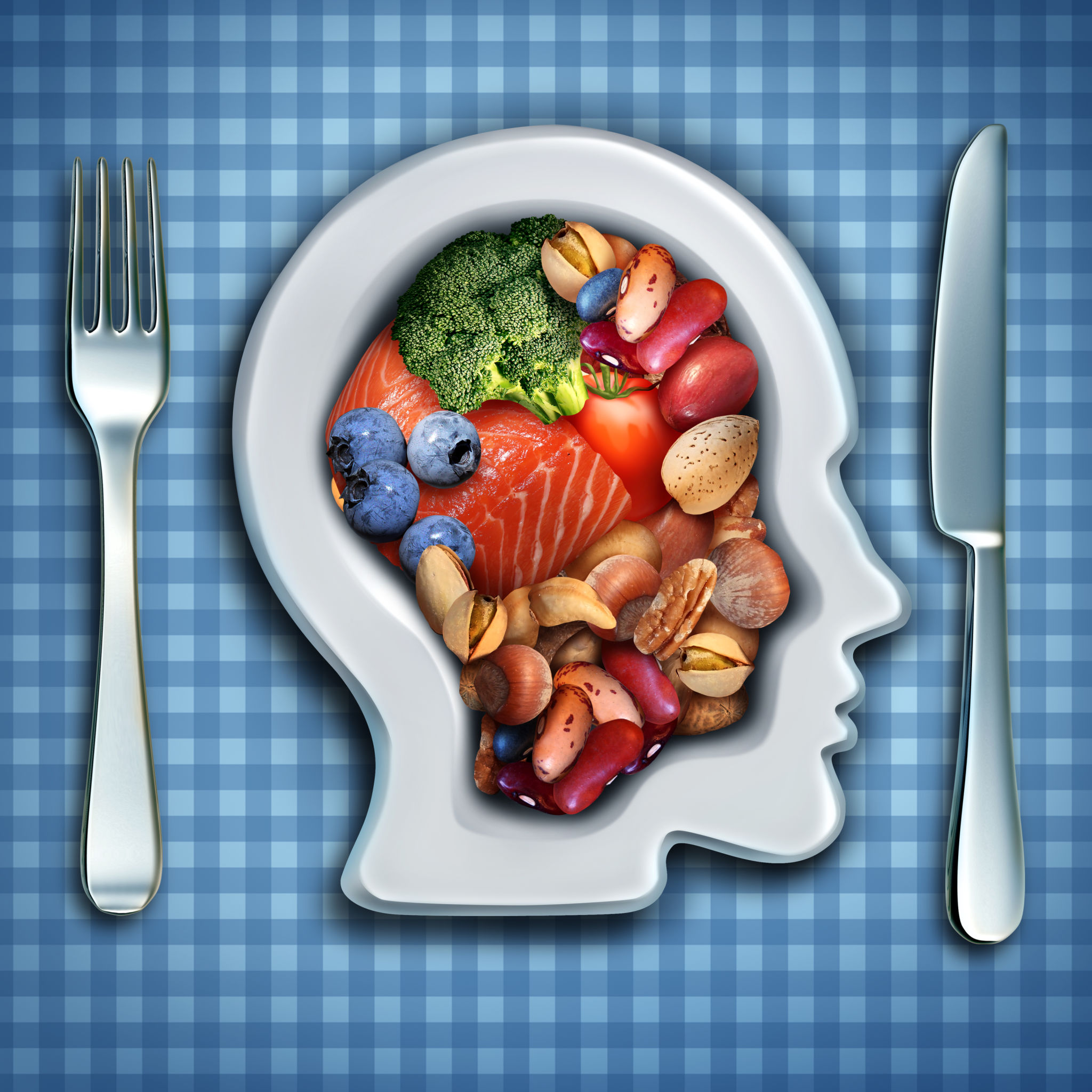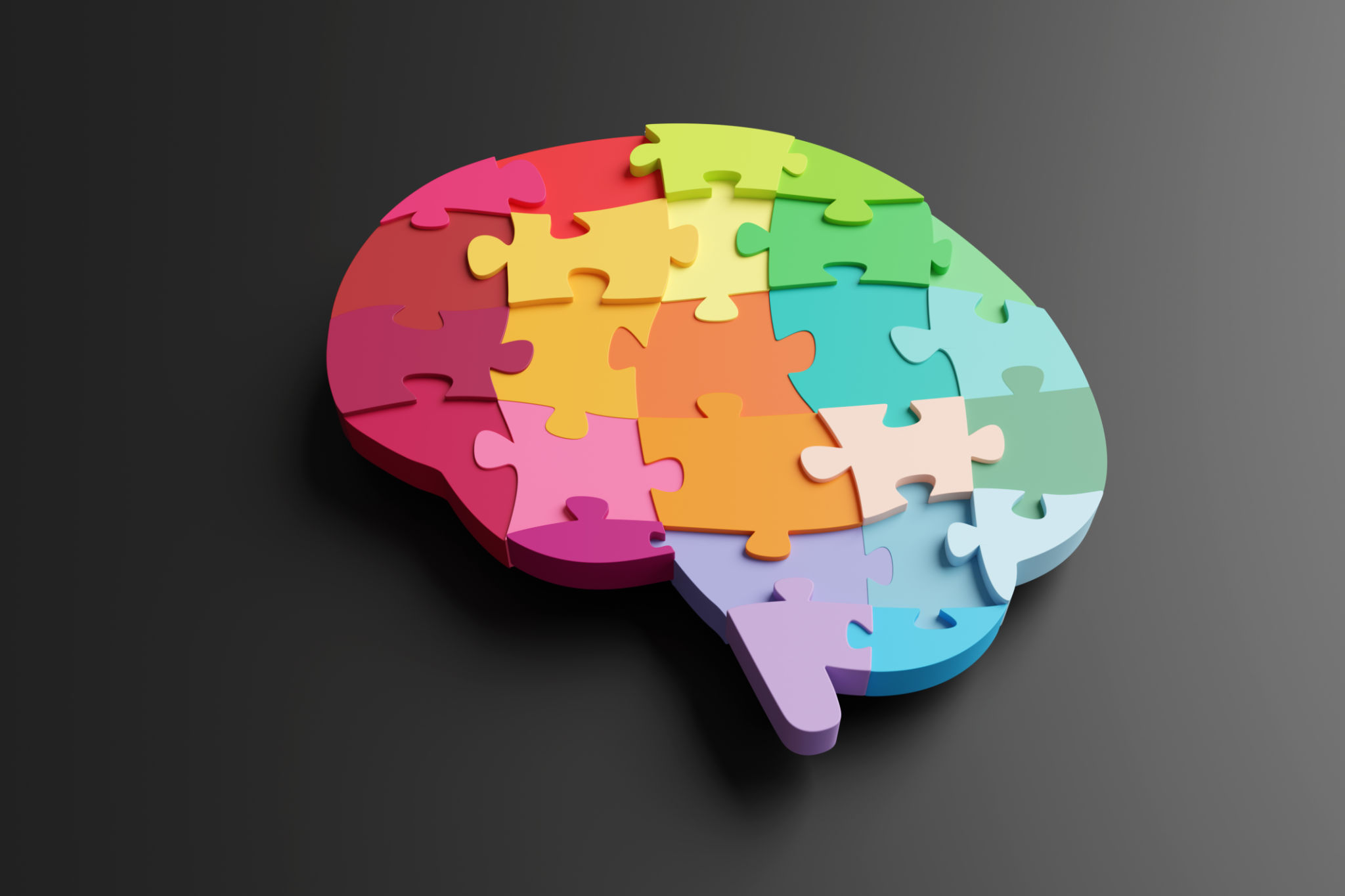Debunking Common Myths About Brain Health
Myth 1: Brain Health Declines Inevitably with Age
One of the most pervasive myths about brain health is the belief that cognitive decline is an unavoidable part of aging. While it's true that certain cognitive abilities may change over time, research shows that adults can maintain and even improve brain function with the right habits. Engaging in regular mental exercises, maintaining a healthy diet, and staying socially active are crucial strategies for preserving cognitive health as we age.
Additionally, some studies suggest that older adults who consistently challenge their brains with new activities or learning opportunities experience less cognitive decline. This means picking up a new hobby, learning a language, or even playing an instrument can be beneficial for brain vitality.

Myth 2: You Only Use 10% of Your Brain
The idea that humans only use 10% of their brains is a widely spread myth that has been debunked by neuroscientists. Brain imaging research has shown that we use virtually every part of our brain, and most of it is active almost all the time. Even during sleep, the brain remains busy with complex activities necessary for sustaining life and maintaining functions.
This myth often suggests that unlocking the "unused" portion of our brain could lead to extraordinary abilities. However, the reality is that our brains are already functioning at full capacity, coordinating everything from breathing to complex problem-solving tasks.
Myth 3: Brain Health Supplements Are a Magic Bullet
The market is flooded with supplements claiming to boost brain health and enhance cognitive function. While some vitamins and nutrients are essential for maintaining brain health, there is no "magic bullet" supplement that can prevent cognitive decline or improve brain function overnight. In fact, many of these products lack sufficient scientific evidence to support their claims.

A balanced diet rich in omega-3 fatty acids, antioxidants, and essential vitamins provides the necessary nutrients for brain health. Foods such as fatty fish, nuts, berries, and leafy greens are excellent choices for supporting cognitive function naturally.
Myth 4: Brain Games Will Make You Smarter
Brain games have become popular in recent years, with many people turning to them to boost their cognitive abilities. While these games can be entertaining and may help improve specific skills like memory or problem-solving, they don't necessarily make you smarter overall. The benefits gained from brain games often don't translate into real-life cognitive improvements.
To truly benefit from mental exercises, it's important to engage in a variety of activities that challenge your brain in different ways. This could include puzzles, reading challenging materials, or engaging in debates or discussions that push you to think critically.

Myth 5: Multitasking Enhances Brain Function
Many people believe that multitasking is an effective way to enhance productivity and brain function. However, research has shown that multitasking can actually reduce efficiency and increase cognitive load. Our brains are not designed to handle multiple tasks simultaneously with equal attention and efficiency.
Instead of multitasking, focusing on one task at a time allows for better concentration and improved performance. Practicing mindfulness and attentiveness can lead to better outcomes in work and personal life while reducing stress levels associated with juggling multiple tasks.
Conclusion
Understanding the facts about brain health is essential for adopting effective strategies to maintain cognitive function throughout life. By debunking common myths, we can focus on evidence-based practices such as leading a healthy lifestyle, engaging in lifelong learning, and nurturing social connections to promote optimal brain health.